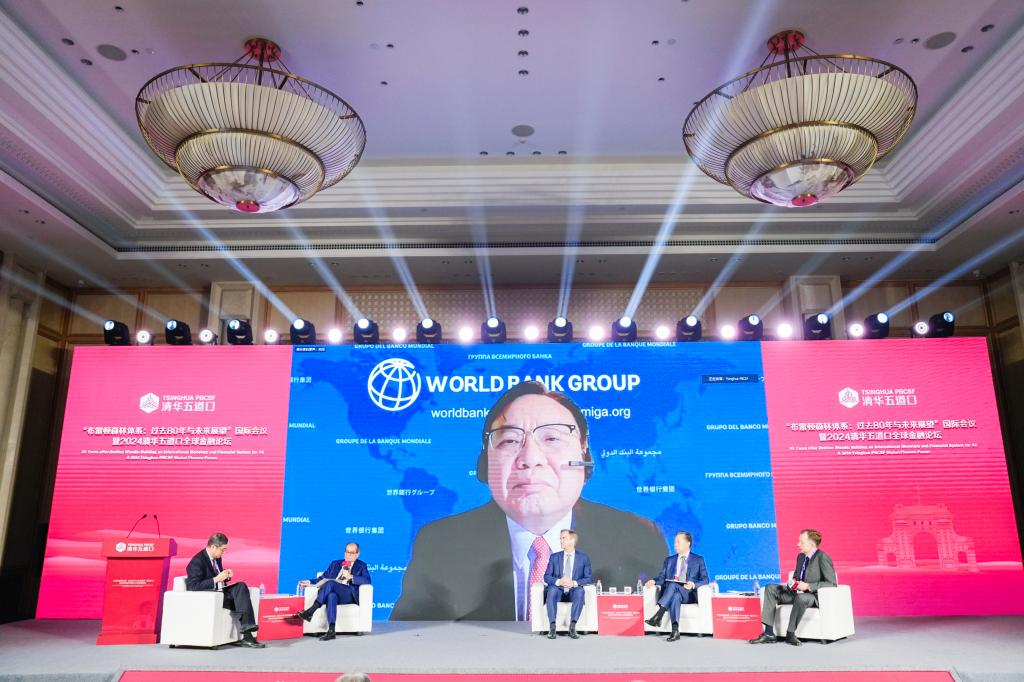
Zhang Wencai, Managing Director & WBG Chief Administrative Officer, World Bank Group
Initially a client country, China expanded its role to also become a key donor and knowledge-sharing partner. It is a partnership that has supported transformative initiatives and knowledge exchanges.
Since its inception, the World Bank has supported client countries in enhancing the well-being of their citizens. Adapting to changing development needs, the World Bank has shifted from post-war reconstruction to addressing evolving priorities such as poverty alleviation, education, health, social protection, and sustainability, which are essential for achieving development goals. Over the last five years, the World Bank has enabled education for 500 million children, expanded healthcare to 1 billion people, helped 100 million people find jobs, and reduced carbon emissions by 230 million tons annually.
The two-way partnership between China and World Bank is a strong example of its engagement. This partnership has been a cornerstone of knowledge exchange, financial cooperation, and innovation. Financing and knowledge have been critical in areas such as poverty alleviation, natural resources management, urban development, and energy efficiency, among others.
The current set of interconnected global development challenges require the Bank to go beyond its history. In response, the World Bank has adopted a new vision and mission centered on ending extreme poverty and boosting shared prosperity on a livable planet.
The institution is in the process of becoming a Bigger and Better Bank. This is a transformation that entails: (i) maximizing its balance sheet to take on more significant, informed risks and more investments; (ii) increasing its operational speed and simplicity; (iii) crowding in public and private sector solutions and financing to scale approaches in critical areas such as energy, food, water, forests and biodiversity, health emergencies, and digital, through a new initiative called “Global Challenge Programs”; and (iv) improving its knowledge services to our clients.
The private sector's scale and innovation are also essential to its engagement strategy. The Bank’s aim to attract even more private capital to developing economies will be boosted by the upcoming launch in July of its one-stop guarantee platform. This platform aims to triple guarantees to $20 billion by 2030.
The Bank’s work in fragile, conflict and violence settings and in low-income countries is also of paramount importance. IDA’s 21st replenishment will rise to meet the increasing development challenges and take advantage of the opportunity for change. The Bank is redoubling its efforts to stand by client countries at this critical moment—a moment that demands greater urgency, commitment, and partnership.